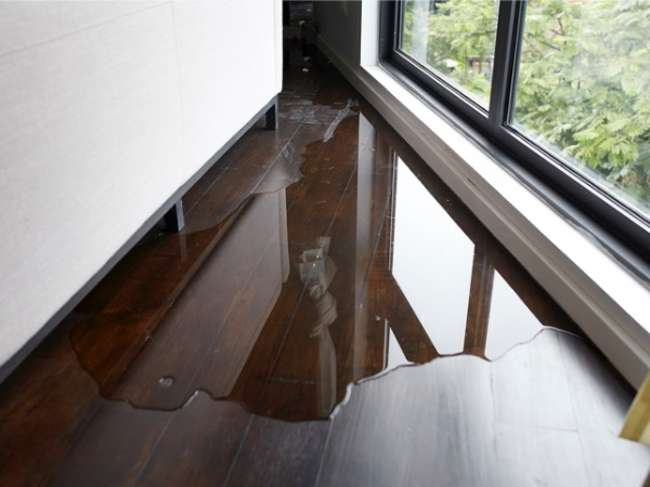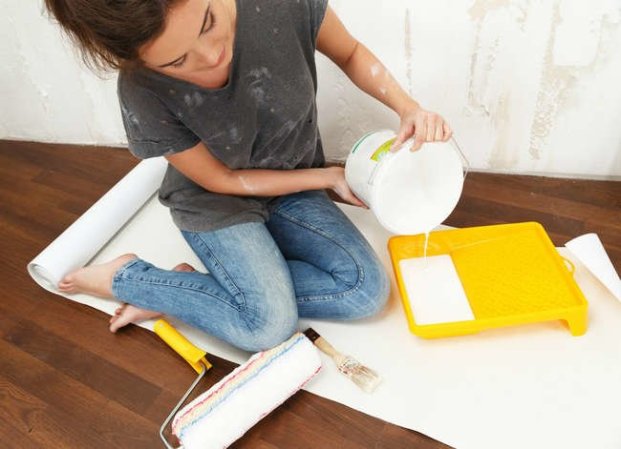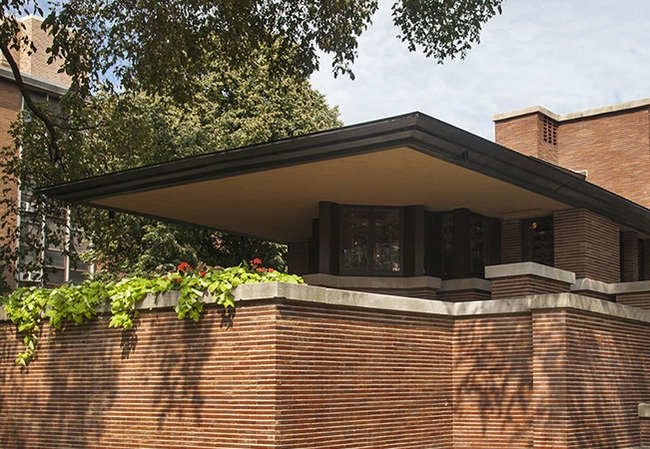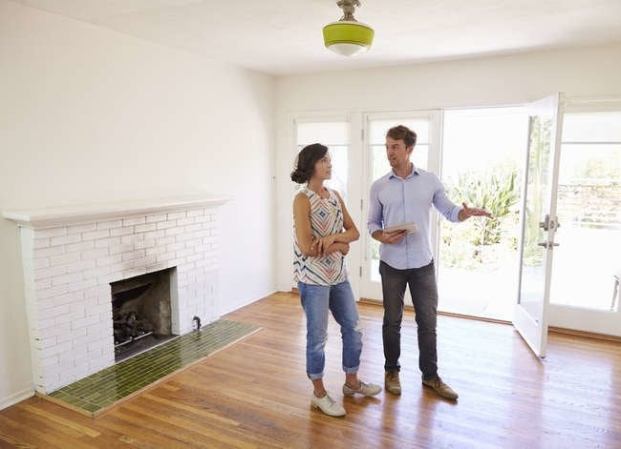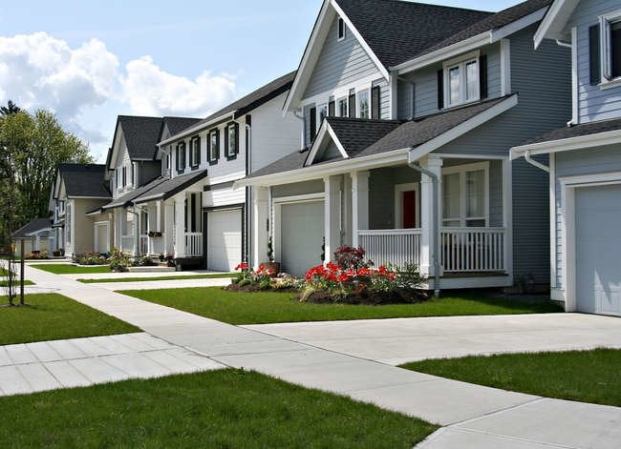We may earn revenue from the products available on this page and participate in affiliate programs. Learn More ›
Honesty Always

Being a renter can be freeing. You’re not a prisoner in your apartment for 30 years, you don’t have to worry about property maintenance, and it’s usually someone else’s job—your landlord’s—to deal with anything that goes wrong.
Yet, although it’s your landlord’s responsibility to handle most of the issues on the property, you have some obligations too. If something breaks or gets damaged, or if your living arrangements change, it’s your responsibility to let your landlord know. If you don’t, there can be serious consequences. Here are nine potentially thorny situations where you’re better off piping up than trying to hide the dirty truth.
Pets

If you’re considering bringing a pet into your rental, you need to let the landlord know and get his approval. When you have a lease that clearly prohibits pets, bringing one into your home gives your landlord grounds to start the eviction process.
Even if your lease agreement doesn’t explicitly ban pets, run the idea by your landlord first. It’s smart to reach out before you bring your new furry friend home to avoid any issues.
Your Roommate Situation

Many landlords will allow you to sublet a room in your apartment as long as you clear it with them first. Even if subletting is allowed under your state’s law, getting your landlord’s written permission may take care of any issues that arise when it’s time to move out. In general, let your landlord know whenever there’s a change in your living situation, whether your partner is moving in with you or you’re looking for (or replacing) a roommate.
Improvements and Changes
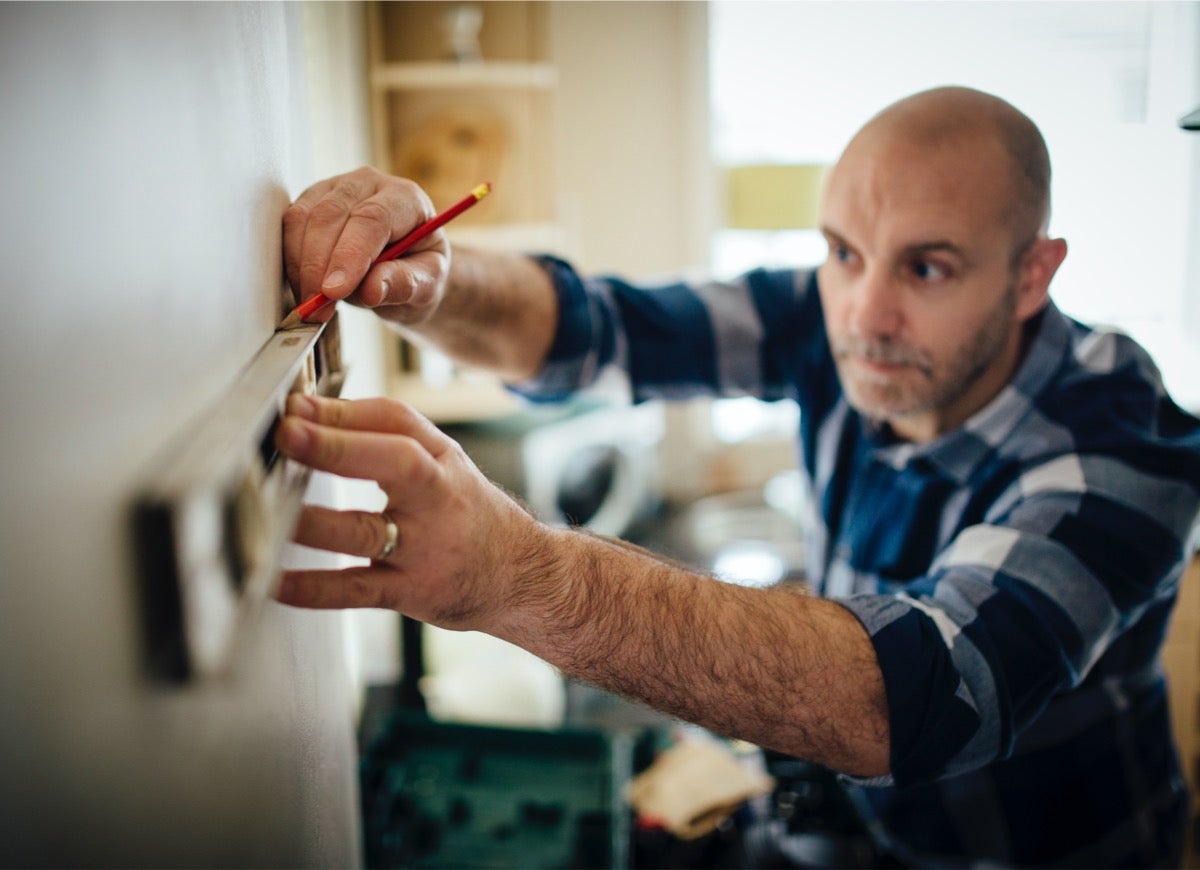
Remember: You don’t own your apartment. Your landlord does. And he might consider any “improvements” you make to the property to be defacement or damage, in which case you could be held liable for the cost of returning the apartment to its previous condition.
Instead of hiding your improvements, get written permission from the landlord before you dive in. This way, when you move out, your landlord won’t be able to use your improvements as grounds for withholding your security deposit.
Issues With Your Utilities
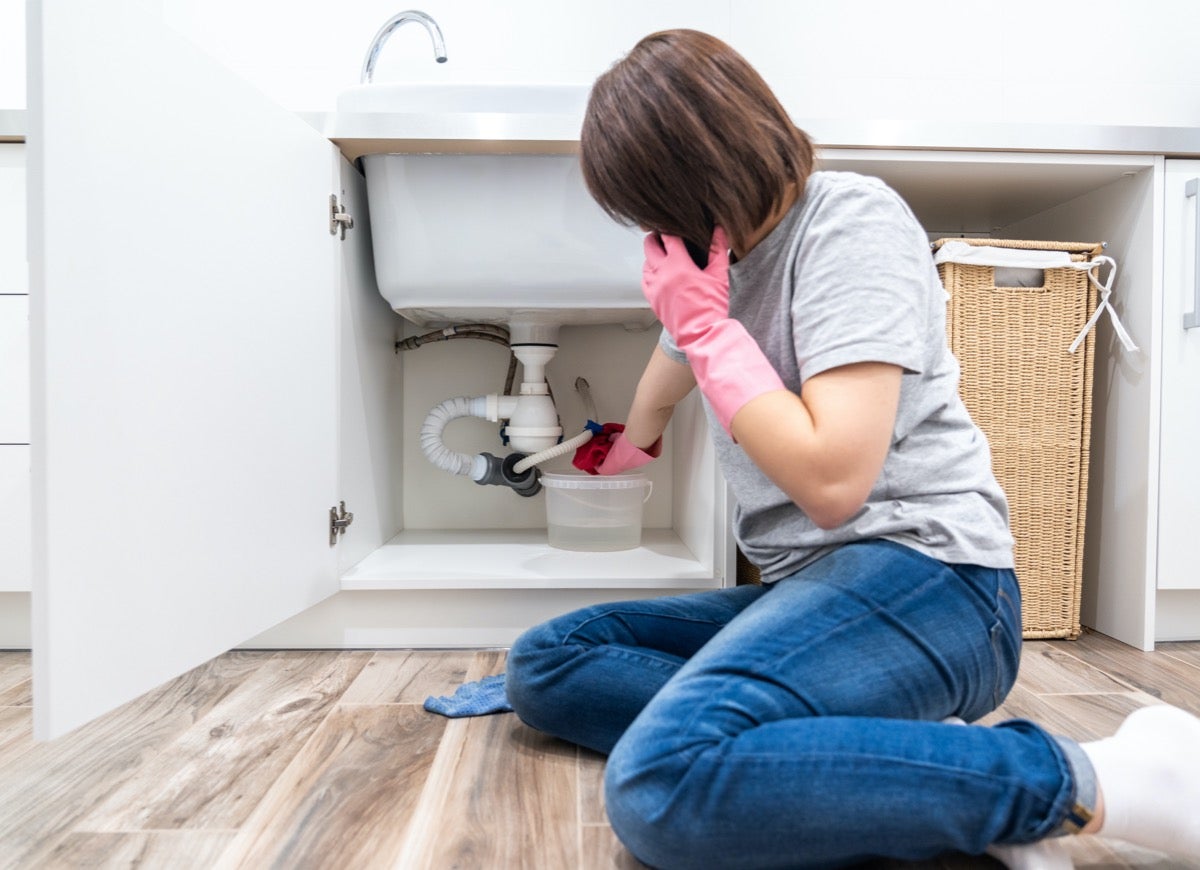
If you’re having issues with your utilities, you need to let your landlord know right away. For instance, if you have an electrical circuit that trips continually, your landlord needs to address it to ensure there are no fire hazards.
Likewise, problems with the water supply or septic system should be brought to the landlord’s attention. Allowing a slow-draining sink, leaking toilet, or dirty water supply to continue may lead to serious issues down the road that you could be liable for.
Broken Appliances
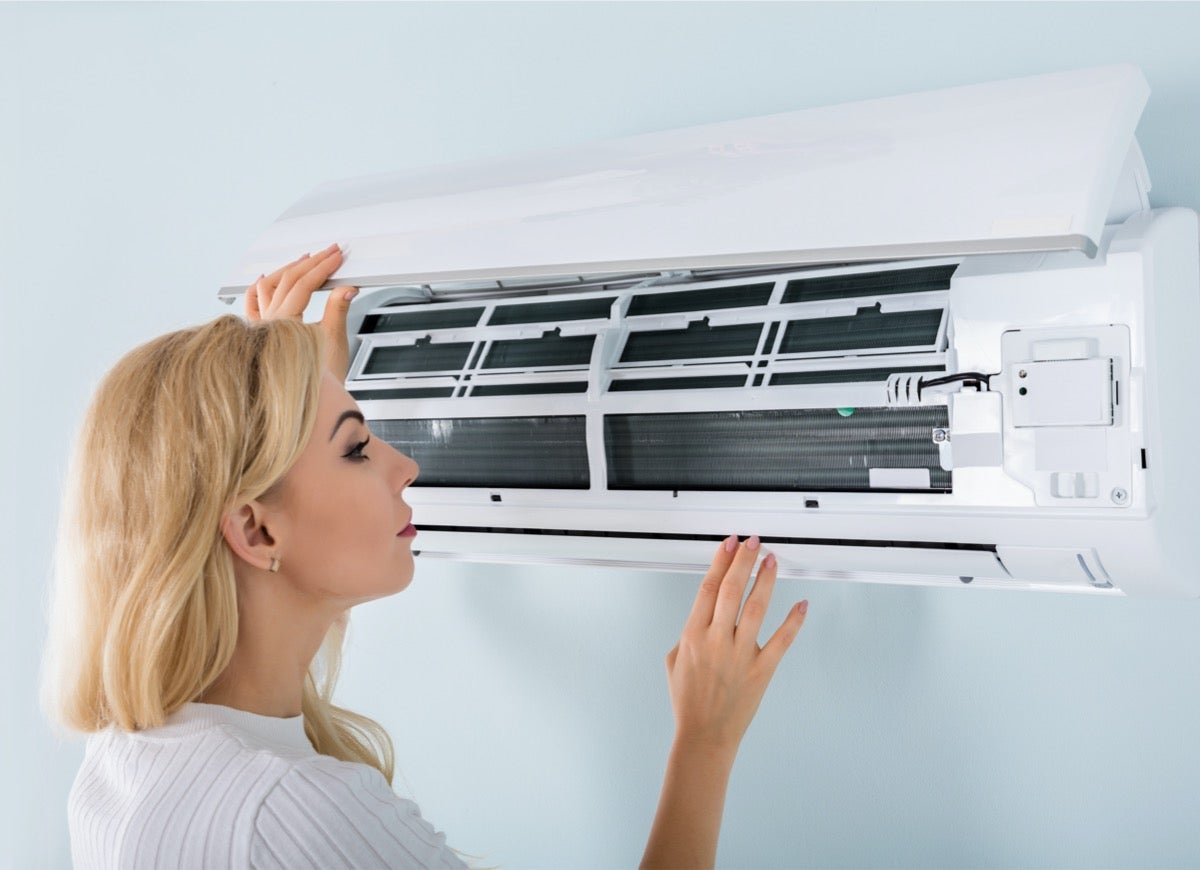
If your appliances are part of your rental agreement, you need to tell your landlord if they’re not working. You’re entitled to functioning appliances, and it’s your landlord’s responsibility to fix or replace them. As well, if you don’t say anything, when it’s time for you to move out, your landlord may withhold your security deposit.
Even if the appliances are your responsibility, always let the landlord know when you’ve arranged for a repair person to come to the apartment. Otherwise, she may suspect you of trying to hide an issue.
Floods and Water Damage
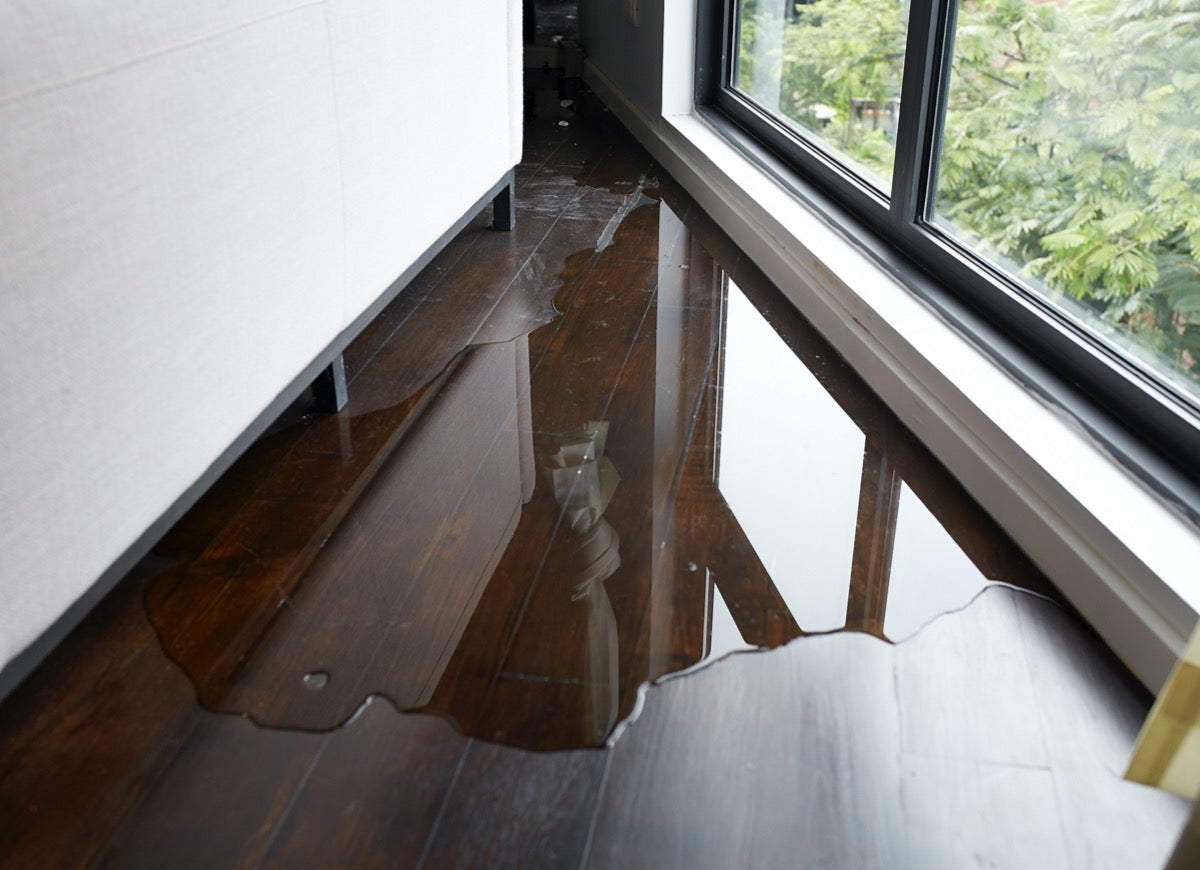
If you accidentally flood your apartment, let your landlord know immediately. Water can do a lot of damage quickly.
For a significant flood that was your fault, you may need to have a contractor come to dry things out. If you do end up paying a professional, tell your landlord. That way, your landlord will know that you handled the issue correctly, and if problems crop up later, your landlord can go after the contractor—not you.
Mold
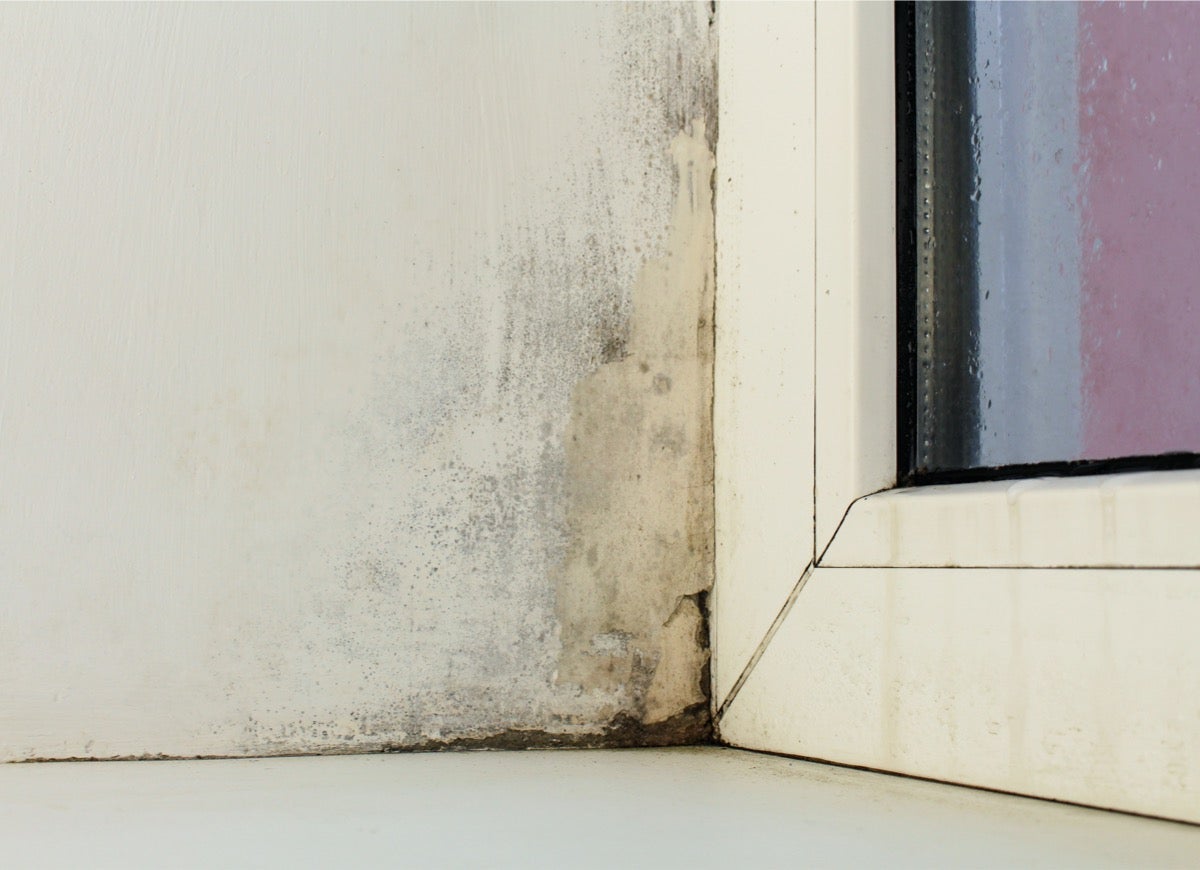
Letting mold go untreated is a horrible idea. Given the proper conditions, a little spot of mold on the drywall in your apartment can spread rapidly over the paper facing. It doesn’t take long for a small mold issue to become a big one.
Whenever you notice mold growing in your apartment, tell your landlord. Not only will this prevent him from withholding your security deposit when you move out, but it will also protect you from the potentially harmful effects of living in a mold-laden apartment. Mold can affect your respiratory system, cause eye and skin irritation, and cause persistent headaches. Let your landlord clean it up.
Bug and Pest Problems
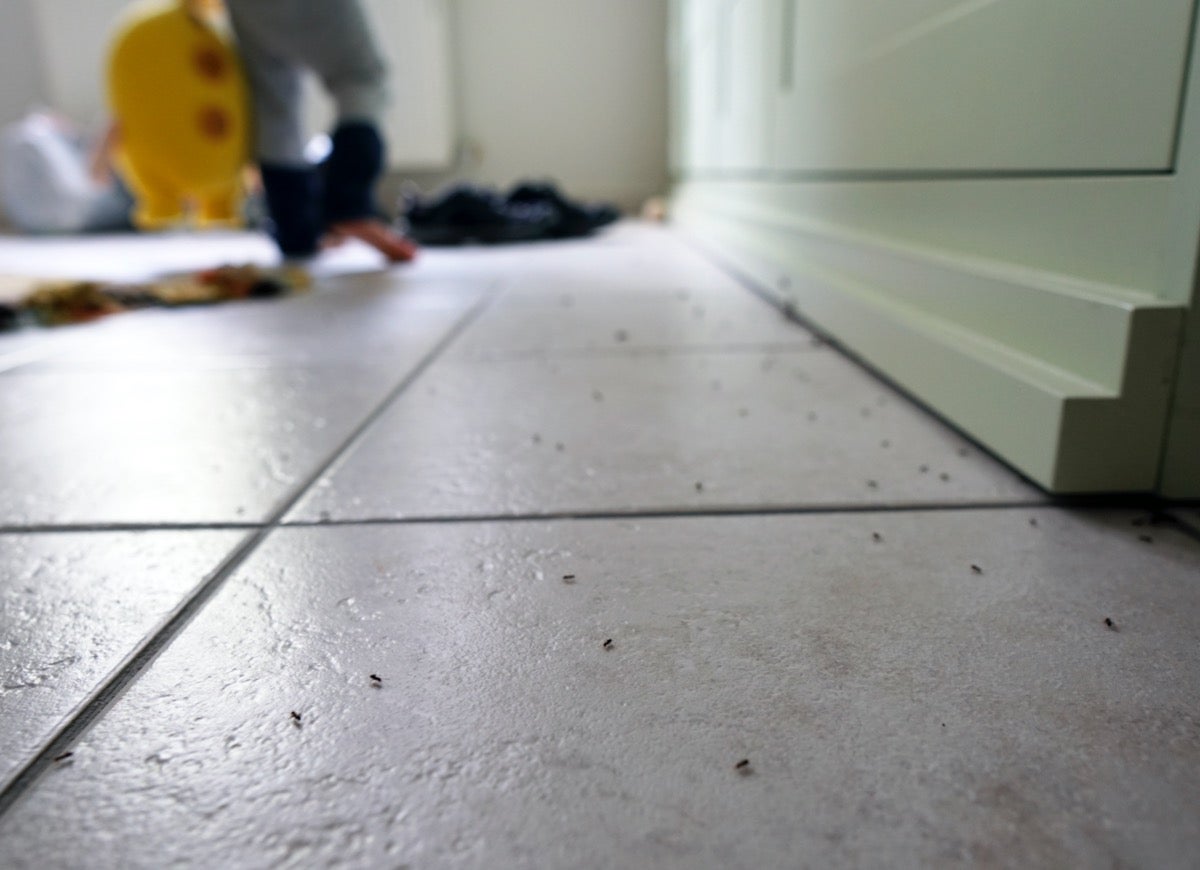
If you’re noticing an increase in the number of bugs in your apartment or seeing mouse droppings along the perimeter of your rooms, you need to tell your landlord. While the infestation may not be your fault, when pests set up shop in your apartment, you could be responsible for the damages, particularly if the landlord can blame your behaviors or habits for the influx of pests.
The reality is that pests can happen anywhere, so don’t be embarrassed about telling your landlord that there’s an issue, and be sure to tell him promptly.
Financial Issues

If you anticipate a few lean months, reach out to your landlord ahead of time. Good tenants are difficult to find, so smart landlords might prefer to work the problem out with you than to go to the trouble and expense of evicting you.
If you’re frank with your landlord, you may be able to work out a payment plan until you get your cash flow back in order. Just don’t go pulling into the parking lot in a brand-new car, or your landlord might have second thoughts about his flexibility.

